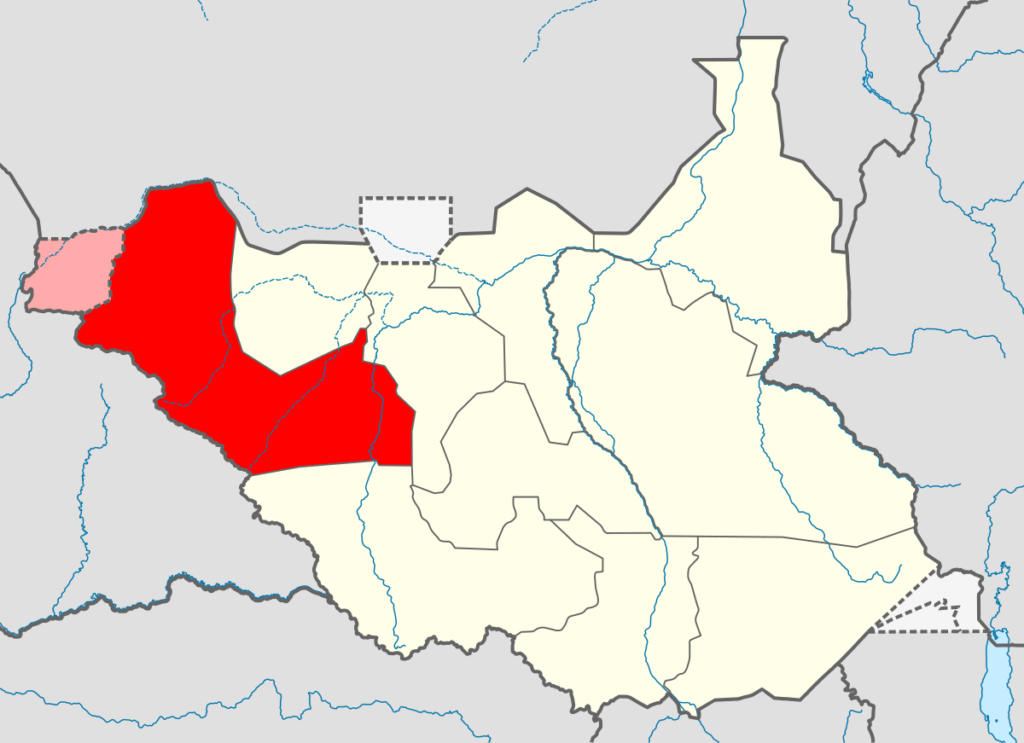People affected by leprosy in Agok Centre, located in Western Bahr el Ghazal state, said they are enduring severe hardships due to a lack of support, funding, and essential services.
Leprosy survivors often face stigma from their families and communities. With repeated economic downturns in the country, they are becoming even more vulnerable, receiving little assistance from the state government or humanitarian organizations.
Several victims spoke to Radio Tamazuj on Thursday from Agok Centre, revealing that their conditions have worsened beyond their ability to manage.
Lilly Rehan Ballal explained that while the government had previously provided food, non-food items, and other forms of support, these resources have now been cut, leaving them struggling to meet even their most basic needs.
“The government used to help us with food, plastic sheets, and mosquito nets. But since last year, we haven’t received anything. We don’t have electricity, and most of us are sleeping on the floor,” Ballal said. “We don’t have a hospital, and if someone gets sick, we have to take them all the way to Wau. Even when we get there, it’s still difficult to get proper treatment.”
Another victim, Kur Maleer Kuot, expressed that the community is suffering from hunger and a lack of basic necessities, including food, blankets, and clean water. “We are facing a major problem—hunger. We don’t have enough to eat, no blankets, and no clean water. Our hand pump is broken, and we have no access to water,” Kuot said.
Bol Majok, a resident of the Centre, shared the heartbreaking news that one of their members recently died from hunger. “A person near my house has died from hunger. We are all suffering, and some days we go without food,” Majok said.
Most of those affected by leprosy in Agok Centre were abandoned by their families and relocated to the Centre by a German organization years ago. Originally, the Centre was established to provide medical treatment, food, and care for leprosy victims. However, over time, support has dwindled significantly.
The stigma surrounding untreated leprosy, which often leads to severe deformities and disfigurements, has left many victims isolated and struggling to survive on their own.




